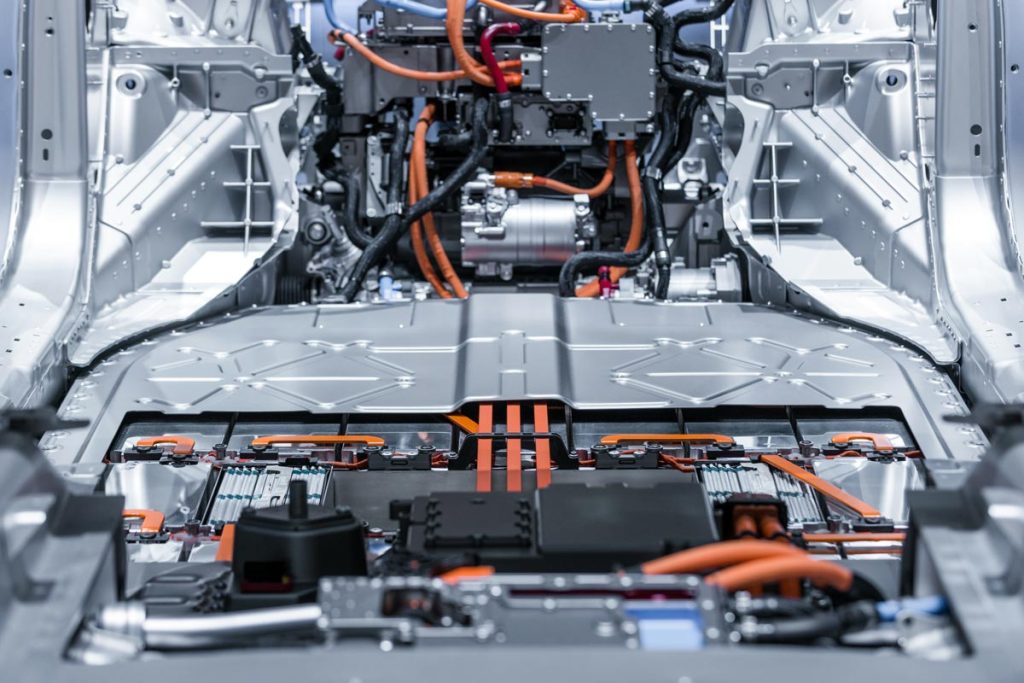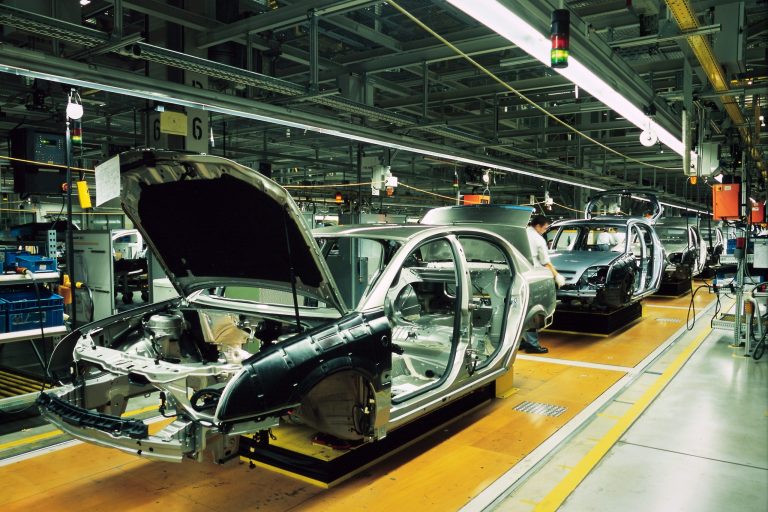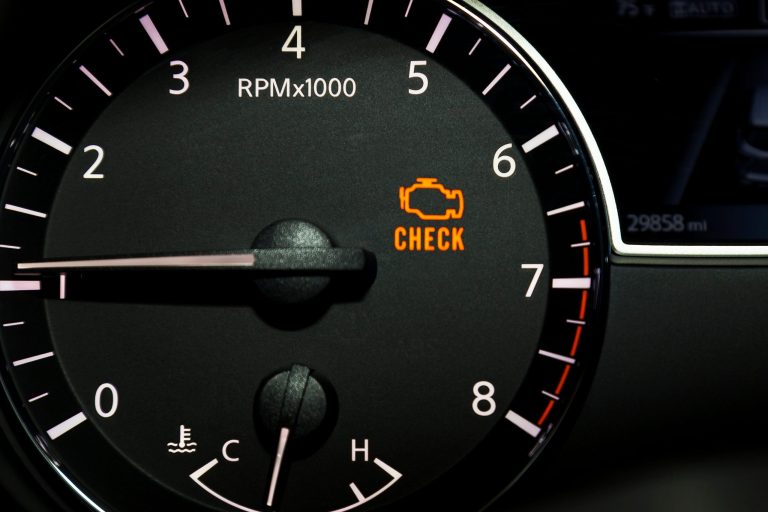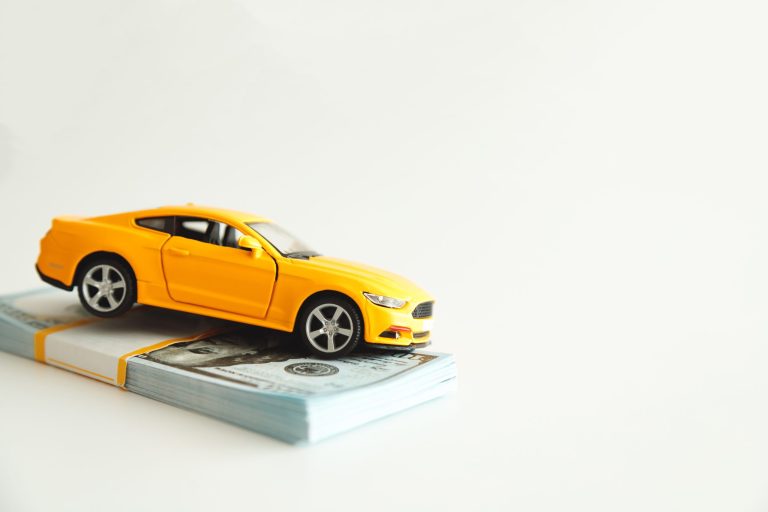
“Explore Consumer Reports’ latest findings revealing that electric vehicles face nearly 80% more problems than traditional gas-powered cars. Plug-in hybrid electric vehicles (PHEVs) fare worse, with almost 150% more issues. Discover insights into the challenges and potential improvements in EV reliability.”
“Consumer Reports recently released a report indicating that electric vehicles (EVs) exhibit approximately 80% more issues compared to their gas-powered counterparts. Additionally, plug-in hybrid electric vehicles (PHEVs) have an alarming average of nearly 150% more problems, according to the consumer group’s research. In contrast, regular hybrid cars showcase a more positive trend, boasting about 25% fewer issues than traditional gas-powered vehicles.
This revelation comes at a time when federal tax credits up to $7,500 incentivize consumers to embrace EVs, and automakers introduce a plethora of new models. Despite these incentives, the adoption of EVs has been slower than anticipated, partly attributed to higher maintenance costs and the need for additional equipment like home charging ports.
Jake Fisher, senior director of auto testing at Consumer Reports, characterizes this situation as ‘growing pains’ in the realm of new technology, emphasizing the ongoing efforts to address emerging challenges.
The survey, based on Consumer Reports’ members’ feedback on their vehicles in the previous year, included data on over 330,000 vehicles produced between 2000 and 2023, with a few reports on 2024 models. Notably, EV owners frequently reported issues with battery and charging systems, as well as concerns about the fit and finish of body panels and interior components.
Consumer Reports acknowledges that EV manufacturers are in the process of refining novel power systems, expressing optimism that overall EV reliability will improve as these advancements occur. However, the report underscores that lingering concerns about reliability may contribute to the hesitancy among potential buyers to switch to electric technology, alongside worries about higher costs, limited charging infrastructure, and extended charging times.
In analyzing plug-in hybrid electric vehicles, Consumer Reports attributes their higher problem rates to the added complexity resulting from combining internal-combustion engines with electric drives. PHEVs may experience issues across 20 problem areas, from brake squeaks to EV charging problems, contributing to their overall higher problem rates.
Despite these challenges, the study identifies PHEVs like the Toyota RAV4 Prime and Kia Sportage as outperformers, with above-average reliability scores. Notably, the BMW X5, Hyundai Tucson, and Ford Escape achieve average reliability scores in the PHEV category.









